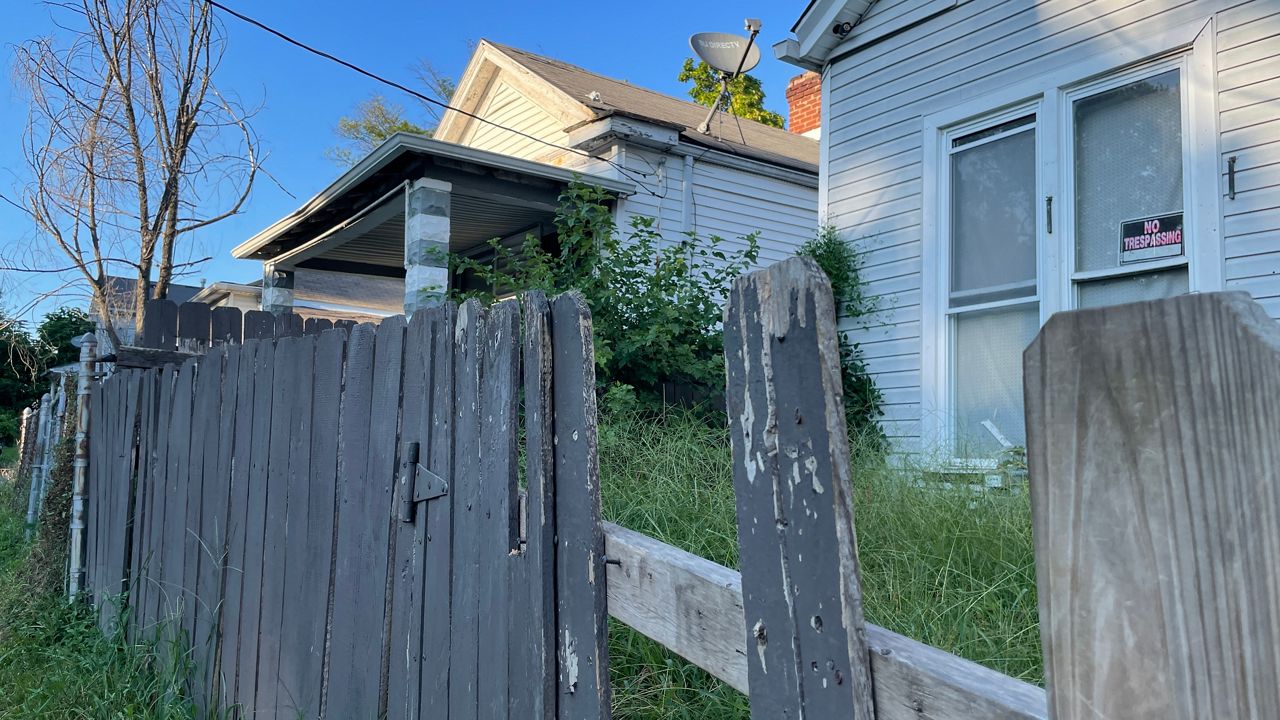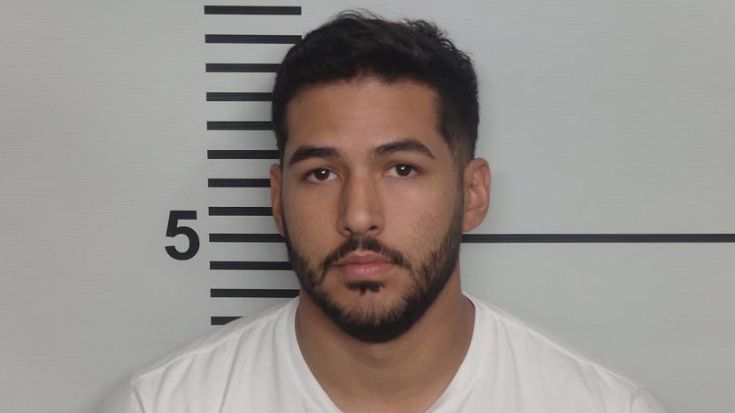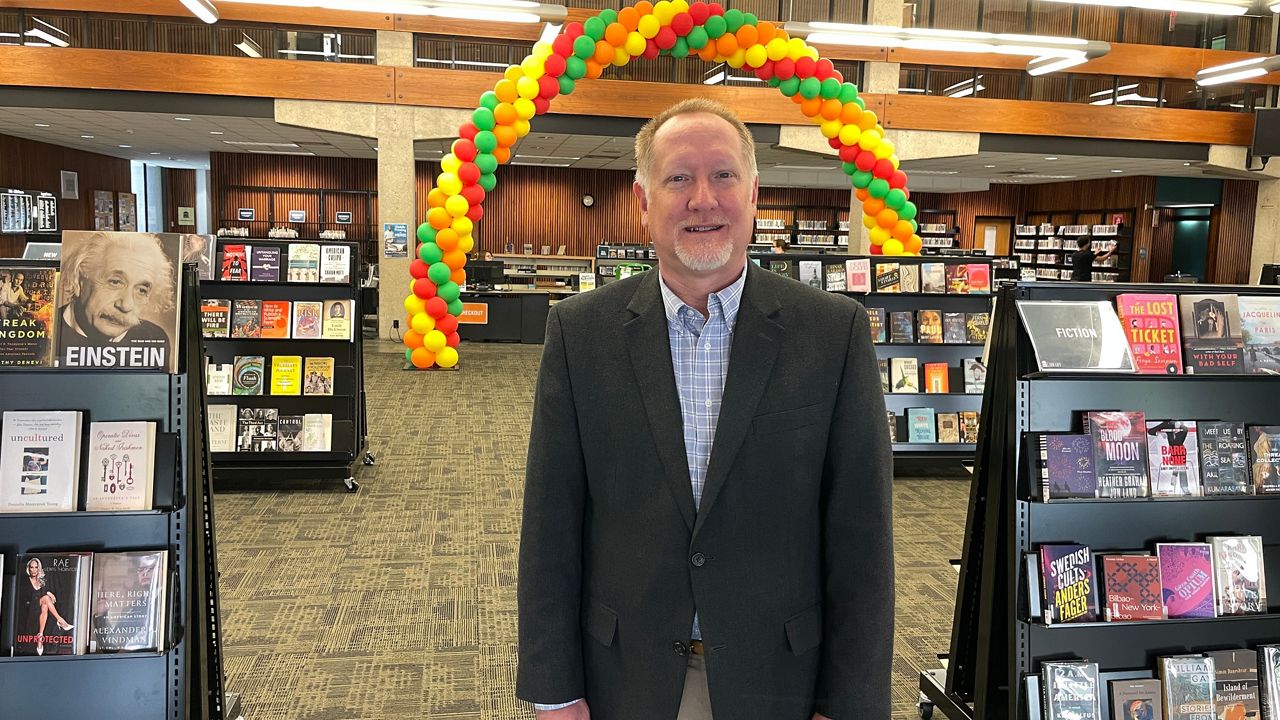LOUISVILLE, Ky. — The Louisville Metro Police Department's (LMPD) new chief has a long to-do list, following the top-to-bottom Hillard Heintze review of the department. Chief Erika Shields spoke before a Metro Council committee Wednesday, outlining how she plans to turn things around at the embattled department.
What You Need To Know
- LMPD Chief Erika Shields spoke before Metro Council committee, outlining plans to turn the department around
- She took questions from the Council, constituents on how to engage with the African American community
- One of the priorities, she said, is removing bias
- Shields says her strategy to ending record homicide is to get illegal guns off the streets, target those responsible
Findings from Hillard Heintze include an anti-bias policy not well-implemented, and that officers were not prepared for crowd control of the protests for racial justice last summer, and that 75% of staff surveyed said they would leave LMPD if they could.
Shields says there's much to do to change things. She took questions from the Council, including some from their constituents, on how to engage with the African American community.
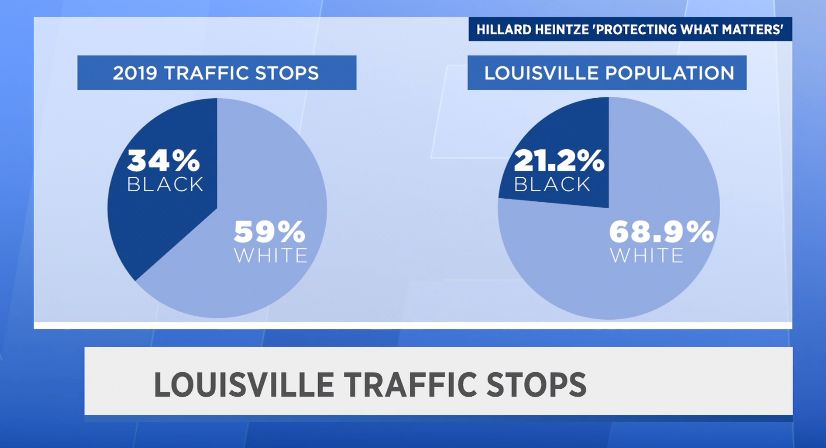
"Take the existing Black employees and ensure they are being afforded every opportunity," she listed in her plan. Shields says more must be hired and also promoted within.
"The worst thing that can happen, especially for law enforcement where we're serving so many diverse communities, is when we're at the table and we all look alike," Shields remarked.
One of the priorities, she said, is removing bias. Shields referred to some data from Hillard Heintze; although 21% of Louisville citizens are Black, 34% of traffic stops involved Black Louisvillians.
"It was obvious that there was a level, whether it was intentional or otherwise, at some level, we were effectively racial profiling," Shields commented.
Arrests reflect this trend, too. In that same year, 2019, 41% of people arrested were Black. As for use of force incidents, half involved Black citizens.
"We looked at arrests and it turns out Blacks are about twice as likely to be arrested," said Hillard Heintze consultant Alex Weiss.
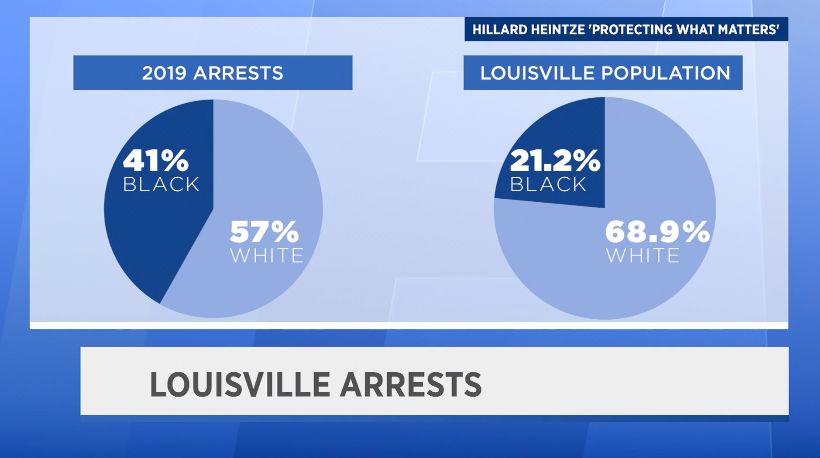
"Now, one of the things that police departments often say is, 'the reason why we stop more Blacks is because we assign more officers to busy neighborhoods and those tend to be neighborhoods where people of color live, so thus it's not really any kind of bias,'" Weiss continued. "'It's simply that there are more officers in these kinds of neighborhoods.'
But, we tested that hypothesis and it turns out that wasn't really the case," he countered.
Councilwoman Jessica Green (D-District 1), who presided over the committee meeting, took a question for Shields submitted through social media. Her constituent asked whether efforts are being made to weed-out LMPD staff who may affiliate with white nationalist groups or beliefs.
Shields says things like social media accounts are policed for any evidence of affiliation, as any kind of connection with a "hate group" or "fringe" is not acceptable. Shields says LMPD is partnered with the FBI to help with this: "We are looking at them heavily and relying on them heavily for intelligence."
There's no denying there was much violent crime in Louisville last year, with a record number of homicides. Shields says her strategy to ending that is to get illegal guns off the streets and target those believed responsible for violent crimes, whom she feels also influence young people.








